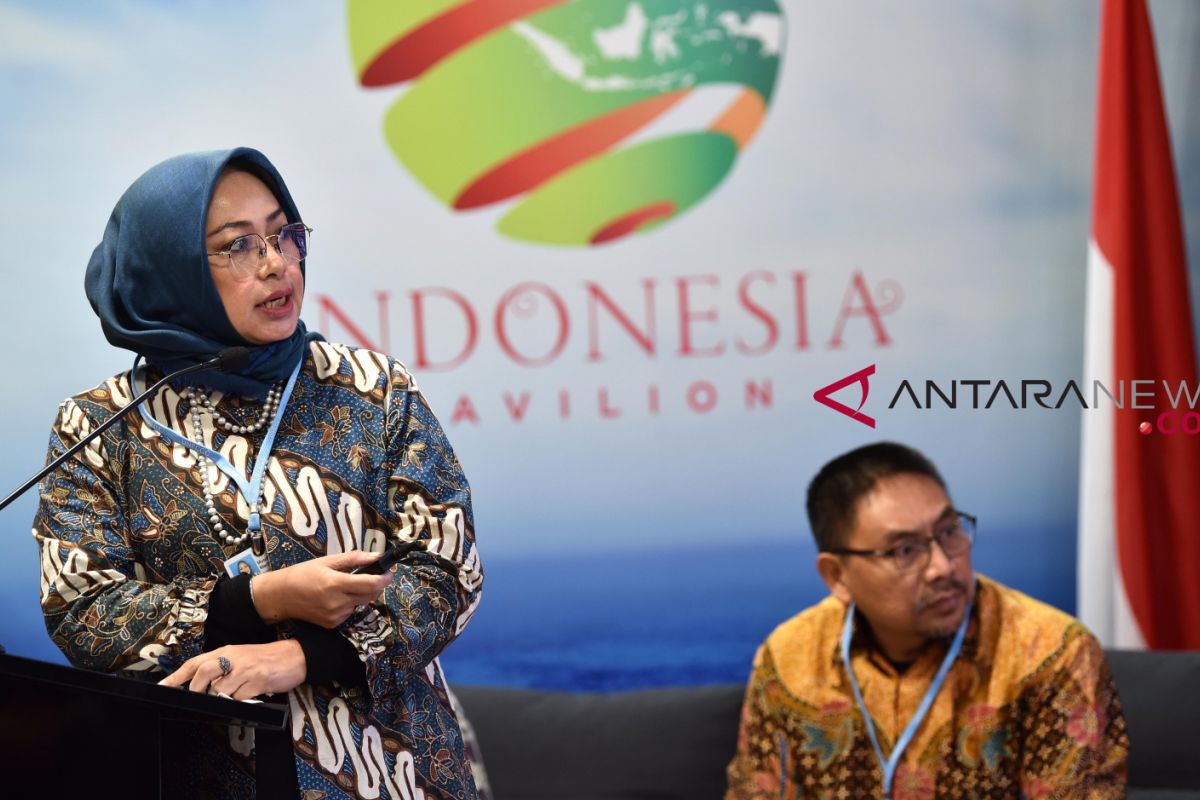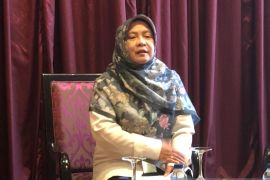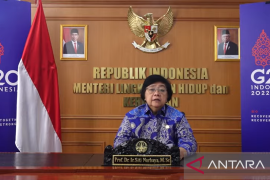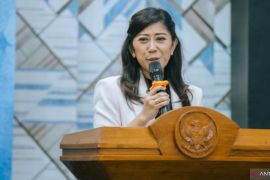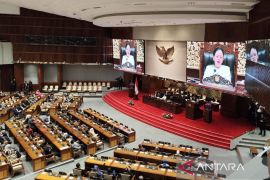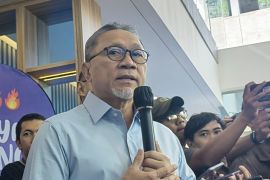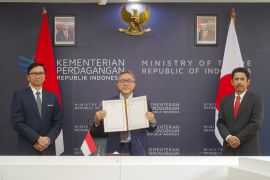Over the period of time, Indonesia will strive to make preparations for the adoption of the Kigali Amendment, Director General of Climate Change Analysis Ruandha Agung Sugardiman said here on Thursday.
"The amendment is somewhat different from the other amendments, because the countries that have ratified it must implement its rules three months after ratifying it," he stated on the sidelines of a workshop on implementing the Montreal Protocol.
The preparations include making an inventory of the HFC use in Indonesia, controlling the import of HFCs, and setting a baseline for the consumption of HFCs in Indonesia in 2020, 2021, and 2022, he noted.
Ruandha made it clear that HFCs are currently used as a substitute for other ozone-destroying materials; however, several types of HFCs have the high potential to cause global warming.
In the first phase, the Forestry and Environment Ministry will invite stakeholders in the air conditioner industry to jointly formulate the target of reducing HFC consumption, he remarked.
In the Kigali Amendment, Indonesia belongs to Group 1, which has set the target of reducing the consumption of HFCs by 80 percent of the baseline in 2045.
So far, 68 countries have ratified the Kigali Amendment, and in Southeast Asia, only Laos has ratified it.
On Oct 15, 2016, under the US leadership, 197 countries adopted an amendment to phase down HFCs under the Montreal Protocol in Kigali, Rwanda. Under the amendment, countries committed to cut the production and consumption of HFCs by more than 80 percent over the next 30 years.
According to the US Environmental Protection Agency (EPA) website, the ambitious phase down schedule will avoid more than 80 billion metric tons of carbon dioxide equivalent emissions by 2050, avoiding up to 0.5 degrees Celsius warming by the end of the century, while continuing to protect the ozone layer.
Reporting by Aubrey Kandelila Fanani, Suharto
Reporter: Antara
Editor: Fardah Assegaf
Copyright © ANTARA 2019
